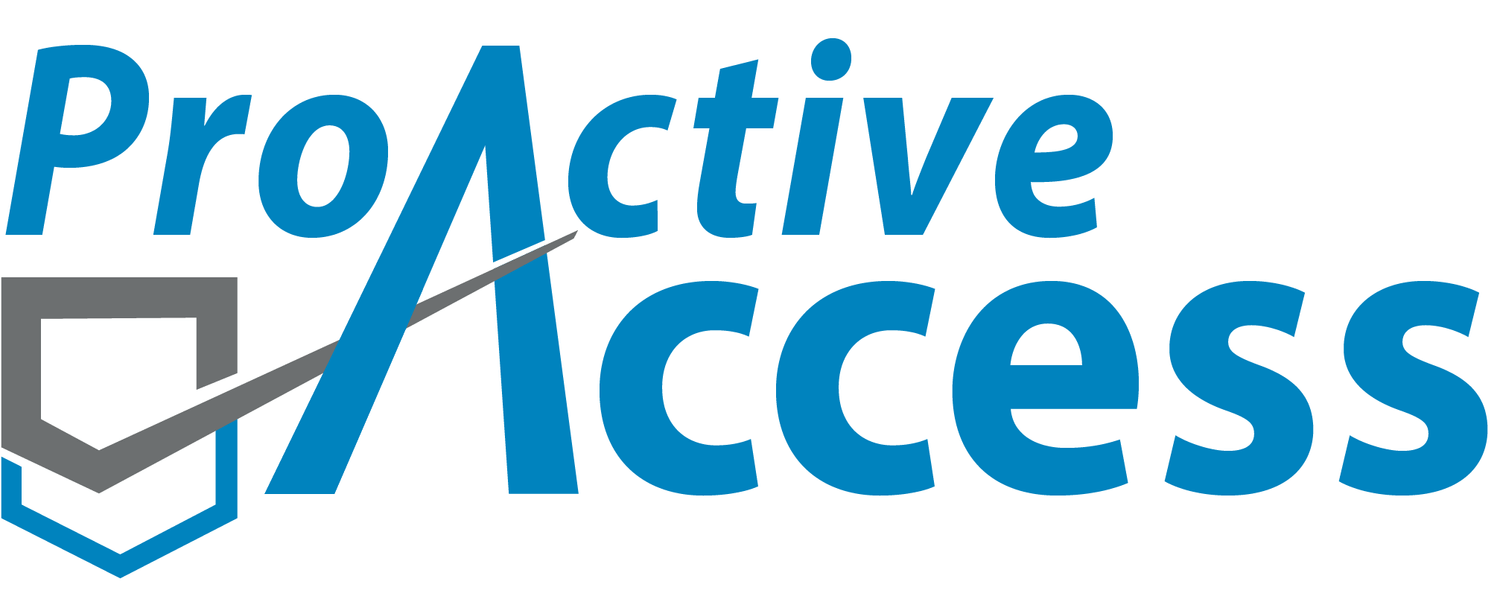What Does it Mean to Post a CASp Certificate?
Facilities that are inspected by a Certified Access Specialist are often provided with a blue DSA CASp Certificate to display near a public entrance. The official name of these certificates is Disability Access Inspection Certificates (DAIC). The numbered certificates with the California state seal are distributed by the Division of the State Architect (DSA) and can only be issued to jurisdictional agencies or CASp inspectors. When a Certified Access Specialist orders a Certificate from the DSA, he or she will fill in the appropriate property information and submit it to the owner or tenant of the CASp inspected property.
CRASCA Reports
All Disability Access Inspection Certificates are tied to an CASp inspection report prepared in accordance with the Construction Related Accessibility Standards Compliance Act (CRASCA). A CRASCA report is the supporting document that details the findings of a CASp Inspection. CRASCA reports can only be prepared by a Certified Access Specialist (CASp) and they must include required information about the property, the CASp who inspected it and determinations of compliance.
Disability Access Inspection Certificates (DAIC)
Any ADA inspector can evaluate accessibility compliance at a property and generate a report. CRASCA reports are unique because they can provide California businesses with special legal benefits that deter serial litigants form targeting CASp inspected facilities. Since many serial litigants seek monetary settlements with the least amount of resistance possible, the legal benefits provided by CRASCA reports offers owners a level of protection. Obtaining a DAIC does not mean that a facility is fully compliant. It merely means that the facility has been inspected by a CASp and a CRASCA report has been generated.
Are CASp Certificates Required to be Displayed?
No, displaying DAICs is entirely voluntary. However, we do recommend displaying them. Properties that display the Disability Access Inspection Certificates (DAIC) are communicating to the public that the facility has been evaluated by a CASp and a barrier removal plan is in place. It also indicates that the legal benefits of the CRASCA are in effect and any construction-related accessibility lawsuits filed against the facility in California courts may require more time and effort for a plaintiff to litigate.
If you receive a CASp report and certificate by one of our experienced CASp Inspectors, we recommend displaying a photocopy and keep the original in a safe place. Since the certificates are numbered, they cannot be easily replaced. Contact us to receive a free estimate to protect your property today.



